Otherwise clean animals, cats are indeed a special breed of pets. The cause for concern arises for a pet owner when their cats starts behaving messy (like literally!) and don't clean themselves adequately, this could be the sign of grave health or psychological issues. Poor feline hygiene manifests itself in different manners and cannot be overlooked if your cat does its business outside of its litter box.
Your cat's unusual lack of cleanliness or hygiene is a trigger. And you should definitely consult your vet at the earliest sign as they can closely examine your cat and rule out physical causes. Excessive cleaning can be a sign of allergies or a typical symptom of vermin. Poor hygiene can often occur with cystitis or other forms of infections. Usually the lack of hygiene With cats, a lack of hygiene is often written off as marking or something else. Observe your cat doing its business in the wrong place. You will recognise your cat marking if it is standing upright and urinating backwards with its tail stretched, quivering and pointing downwards. A large proportion of male cats that have not been castrated mark, although queens mark when in heat or before being neutered. However, marking is not always determined by hormones.
However, if your cat squats when doing its business, this is down to poor hygiene. If there are no physical causes and the vet gives the green light, poor hygiene often indicates chronic stress. Also, it is a big NO to use the same dog treatment on your cat as some dog treatments can be toxic to cats. Some pets are allergic to flea bites/saliva. This is known as FAD – Flea Allergic Dermatitis and can be very uncomfortable. If you should see flea related hair loss, inflamed skin or if your pet seems to be in discomfort then please seek Veterinary advice as soon as possible.
Cats are extremely clean animals and love to clean themselves, however, grooming your cat is not only giving a helping hand but is also an excellent way to bond with your cat and check for any irregularities such as lumps and bumps and the odd flea. It is a good idea to start grooming your cat from an early age so he/she can get used to being brushed and combed. This will prevent knots from forming and help to remove dead hair which can often cause hairballs to form.Hairballs are caused by the cat ingesting its own fur whilst grooming which in turn becomes solidified in the stomach. There are foods which are designed to help with hairballs or you can purchase a hairball remedy but by regular grooming this will help to reduce the problem.When it comes to bathing, cats really aren’t great fans of getting wet! If you do need to bathe or clean your cat it may be an idea to try a dry foam shampoo or use a quality pet wipe instead.
If you can't work out for the life of you why your cat is ill at ease, marking, unhygienic or cleaning itself excessively or not at all, so-called “feline behaviour therapists” or “feline psychologists” can help. These specialists have strongly engaged with cat behaviour and can arbitrate between you and your cat, identify problems and solve misunderstandings. Wishing you and your cat all the best!







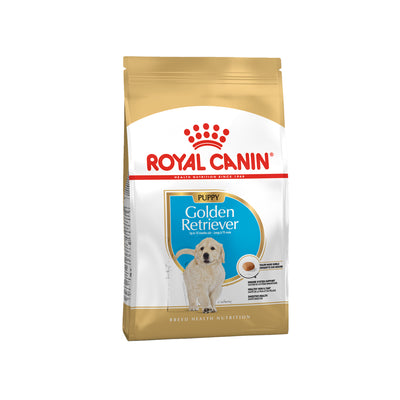
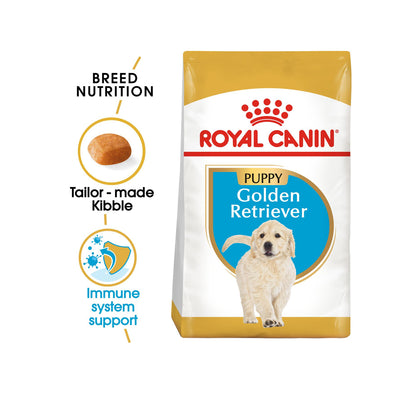
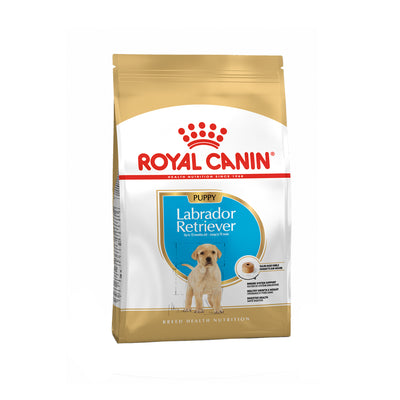
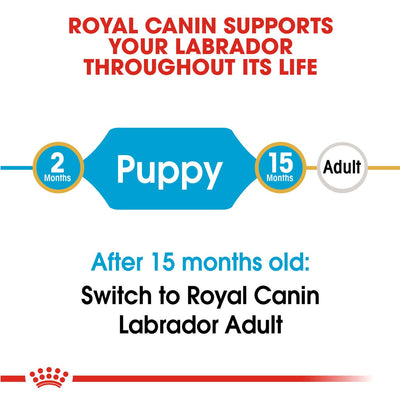

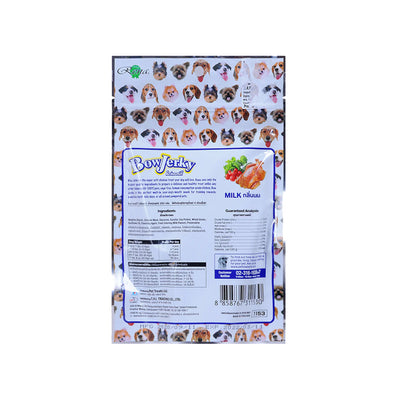





![5 Fun Facts About [Popular Pet Breed]](http://www.petkonnect.in/cdn/shop/articles/5_Fun_Facts_About_Dog_Pet_Breeds.png?v=1716969117&width=400)


